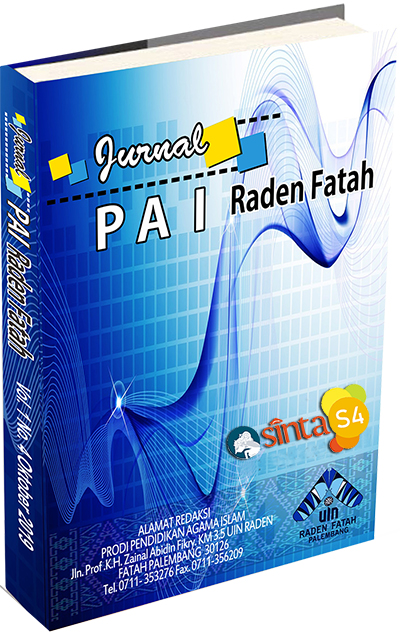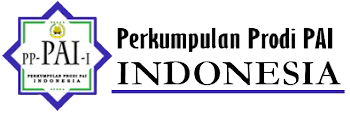Edukasi Anak dalam Perspektif Surat Luqman Ayat 12–13
DOI:
https://doi.org/10.19109/pairf.v7i2.27877Keywords:
Children's education, Surah Luqman, Monotheism, Gratitude, Moral valuesAbstract
Children's education in Islam is a fundamental aspect that plays a strategic role in shaping the character and morality of the younger generation, directly impacting the development of a civilized and religious society. Surah Luqman verses 12–13 provide essential guidance on core principles of Islamic education rooted in values of monotheism and ethics. This study is motivated by the need for an educational model that integrates spiritual values and addresses current educational challenges. The objective of this study is to examine the concept of children's education as presented in these two verses of the Qur'an. This research adopts a qualitative approach using content analysis. The findings indicate that monotheism (tauhid) serves as the foundational basis for character formation, as emphasized in Luqman’s warning against associating partners with God (shirk). Other key values, such as gratitude and moral behavior, also contribute to building an Islamic character. The contribution of this study lies in enriching Islamic educational literature and providing a conceptual framework for parents and educators to instill noble values from an early age.
References
Amalia, Siti. “Peran Orang Tua Dalam Pendidikan Anak Usia Dini Perspektif Al-Qur’an.” Jurnal Al-Fikrah: Jurnal Studi Ilmu Pendidikan Islam 9, no. 1 (2021): 35–47.
Az-Zuhaili, Wahbah. Tafsir Al-Munir: Tafsir Atas Kandungan Al-Qur’an Yang Agung. Jakarta: Gema Insani Press, 2016.
Basri, A. “Nilai-Nilai Pendidikan Karakter Dalam Surah Luqman Dan Implementasinya Di Sekolah.” Jurnal Tarbawi 5, no. 1 (2018): 55–66.
Fadilah, R. “Pendidikan Karakter Dalam Perspektif Al-Qur’an Surah Luqman.” Jurnal Pendidikan Islam 8, no. 2 (2020): 122–34.
Fitriani, D. “Implementasi Nilai Syukur Dalam Pendidikan Anak Usia Dini.” Jurnal Edukasi Islami 6, no. 1 (2018): 87–95.
Hasanah, Nur. “Konsep Pendidikan Anak Dalam Perspektif Al-Qur’an Surah Luqman Ayat 12-19.” Jurnal Al-Taujih 3, no. 1 (2017): 22–31.
Hidayat, T. “Konsep Hikmah Dalam Pendidikan Anak Menurut Surah Luqman.” Jurnal Tafsir Al-Qur’an 9, no. 2 (2020): 67–78.
Maulana, H. “Peran Ayah Dalam Pendidikan Anak Perspektif Surah Luqman Ayat 13–19.” Jurnal Tarbiyatuna 6, no. 2 (2018): 122–34.
Rosyadi, A. “Pendidikan Spiritualitas Anak Menurut Al-Qur’an.” Jurnal Pendidikan Islam Anak Usia Dini 4, no. 1 (2022): 14–25.
Sari, M. “Peran Nilai Syukur Dalam Meningkatkan Kecerdasan Emosional Anak.” Jurnal Parenting Islami 3, no. 2 (2020): 75–83.
Shihab, M. Quraish. “Tafsir Al- Misbah.” Lentera Hati. Indonesia, 2021.
Shofiyah, Siti. “Peran Ayah Dalam Pendidikan Tauhid.” In Proceding, 267–77, 2021.
Sugiyono. Metode Penelitian Kuantitatif, Kualitatif, Dan R&d. Bandung: Alfabeta, 2013.
———. Metodologi Penelitian Kualitatif. Bandung: Alfabeta, 2022.
Wulandari, A. “Pola Komunikasi Orang Tua Dan Anak Dalam Perspektif Pendidikan Islam.” Jurnal Ilmu Tarbiyah 11, no. 2 (2021): 121–35.












.png)


1.png)



